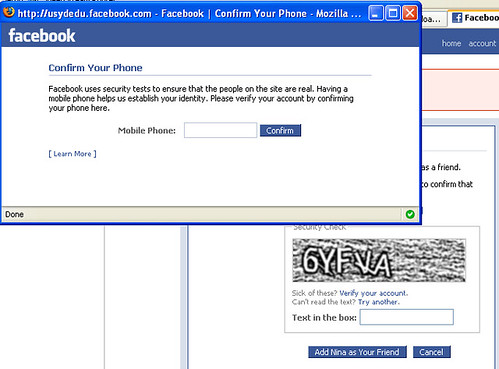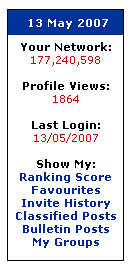This series of blog posts – wizards of oz – is to highlight the innovation we have down under. So I begin with Faraday media, a Brisbane based start-up that launched their keynote product today,
Particls is an engine that learns what you are interested in, and alerts you when content on the internet becomes available – through a desktop ‘ticker’ or pop-up alerts.
Value
1) It’s targeted. Particls is an attention engine – it learns what you want to read, and then goes and finds relevant information. That’s a powerful tool, for those of us drowning in information overload, and who don’t have time to read.
2) It catches your attention. Particls is based on the concept of ‘alerts’ – information trickles across your screen seemlesly as you do your work, like a news ticker. For the things that matter, an alert will pop-up. The way you deal with information overload is not by shutting yourself out – it’s by adjusting the volume on things that you value more than other things.
3) The founders understand privacy. They started the APML standard – a workgroup I joined because it’s the best attempt I have seen yet that tackles the issue of privacy on the internet. For example, I can see what the Particls attention engine uses to determine my preferences – lists of people and subjects with “relevance scores”. And better yet – it’s stored on my hard-disk.
4) It’s simple. RSS is a huge innovation on the web, that only a minority of users on the internet understand. The problem with RSS (Real Simple Syndication), is that it’s not simple. Particles makes it dead simple to add RSS and track that content.
Conclusion
Why the hell doesn’t Fairfax acquire the start-up, rather than wasting time creating yet another publication (incidently in the same city) that we don’t have time to read. In my usage of the product, I have been introduced to content that I am interested in, that I never would have realised had existed on the web. In my trials, I have mainly used it to keep track of my research interests, and despite my skepticism about how ‘good’ the the attention engine is, it has absolutely blown me away.
And it’s not just in the consumer space – a colleague (who happens to hold a lot of influence in enterprise architecture of our 140,000 person firm) was blasting RSS one day on an internal blog – saying how we don’t yet have the technology to ‘filter’ information. I told him about Particls – he’s now in love. If a guy like him, who shapes IT strategy for a $20 billion consulting firm, can get that excited – that’s got to tell you something.



